“House of the Dragon” takes on Patriarchal Problems in Today’s Society
HBO Max’s poster for “House of the Dragon,” which includes the Targaryen family crest; the family consisting of King’s, but never Queens.
November 1, 2022
Remember the days of “Game of Thrones”? People would gather in front of their TV’s every Sunday night to see if their favorite character would be kept alive another week. After the series finale, people were hungry for more. HBO heard these cries for the show to return and made a prequel to keep the franchise alive. However, fans were not expecting “House of the Dragon” to beautifully tackle such intricate issues as leadership, friendship, and matters regarding the patriarchy. Spoilers ahead!
The show begins with the kingdom wondering who King Viserys Targaryen will name as his heir. His cousin, Rhaenys, was supposed to be the queen, but the Great Council decided to choose Viserys instead of Rhaenys because he is a man. Because there has never been a Queen in the Seven Kingdoms, the people will not accept a woman as their sovereign. King Viserys only has one child to name as heir: his daughter, Rhaenyra Targaryen. However, due to precedent, Viserys is hesitant to name her as his successor. He eventually realizes that just because Rhaenyra is a woman, there is no reason she is not qualified to be his next heir, leading to a dispute within the kingdom.
In “House of the Dragon”, there are clearly a lot of patriarchal overtones. When asked how well the cast represented these issues, Millbrook Admin Mr. Patton comments, “I think we are fortunate to have strong women in leadership that are helping shape the next generation of leaders to be less driven by men. In the show, there is respect paid to Rhaenys as the ‘Queen That Never Was.’ To me, this is a nod to the many women who have been passed over in hiring, auditions, and elections who were clearly qualified but lost out to the patriarchal momentum that exists in many systems today.”
Another topic the series addresses is the government being susceptible to corruption. Although in “House of the Dragon”, it’s represented as the monarchy, it is clear that as Rhaenyra is growing closer to becoming queen, she is struggling to see who her allies are. She is not even sure who she can trust within her own family. Mr. Patton agrees with this opinion, saying that “House of the Dragon,” “…shows how complex leadership can be. Even in a place where there is immense leeway paid to a leader who may or may not be effective.” He explains that the show presents geopolitical relationships in a way that is similar to those in real life, but “it’s never as easy as who is your friend and who is not.”
The patriarchy is ingrained within the government/monarchy, as represented through Queen Alicent Hightower. In the final episodes she is desperately trying to hold the realm together, while simultaneously overthrowing Rhaenyra in order to install her own son, Aegon Targaryen (Viserys’s first born son) as King. She makes some morally questionable decisions, but in her heart and mind they are the right ones. Most fans grow to hate the Queen, but actress Olivia Cooke, who portrays this character, sees her differently. She tells CBR that she doesn’t see Alicent as the villain, but rather as a mother who is making choices based on her undying love for her children. Cooke explains that she “played her as a woman of the patriarchy who completely believes in order and tradition,” which is reflected in the way the Queen handles making choices for the King when he is no longer in the right condition to.
Overall, the cast brought these complex individuals to life perfectly, and it is clear that they are in love with these characters just as much as the rest of the fans are. “House of the Dragon” did a beautiful job in portraying how leadership is more difficult to navigate for women than it is for men due to patriarchal precedent. After the finale of “Game of Thrones” fans were upset about how the writers turned Daenerys Targaryen into the “Mad Queen,” so it was a relief for watchers to see “House of the Dragon” play as an antidote to that. Both the “House of the Dragon” and “Game of Thrones” fan base hope to see this story continue in the near future!


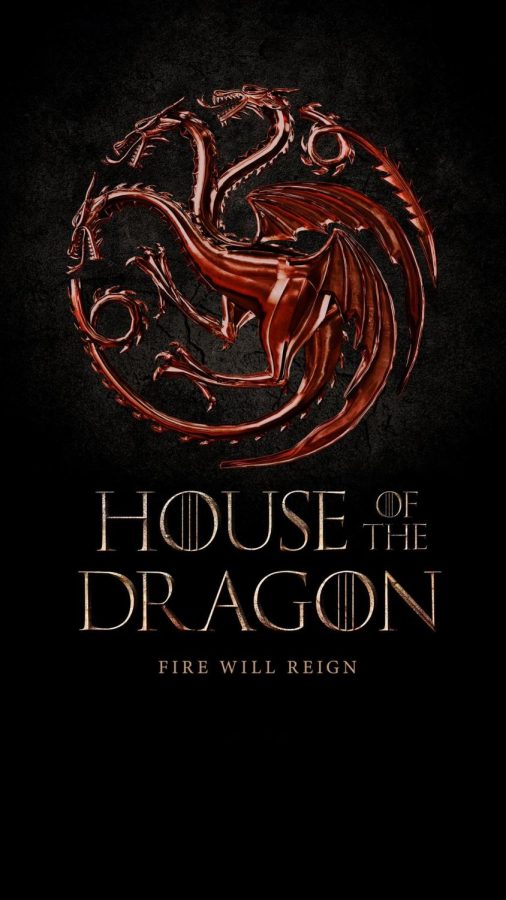


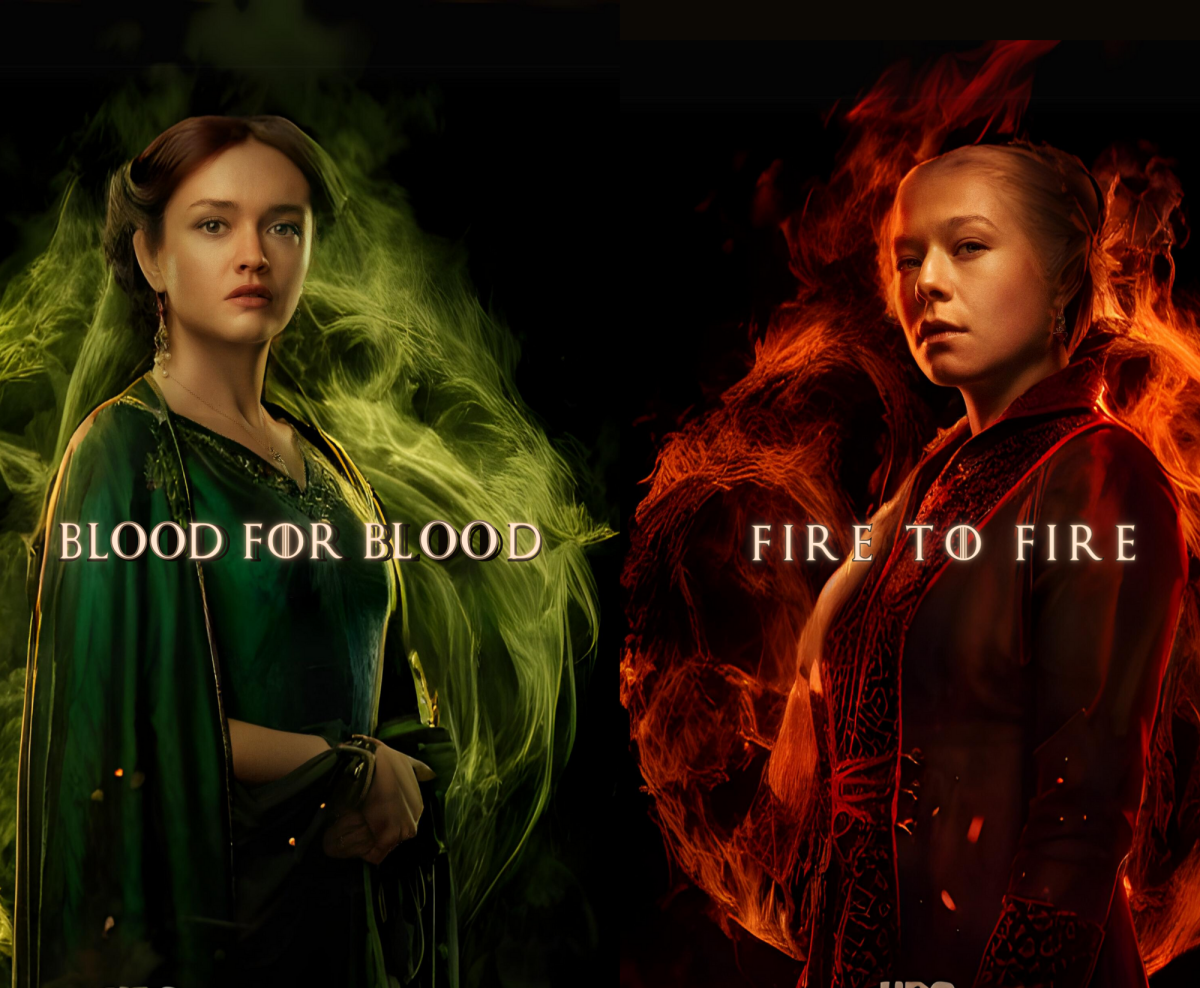

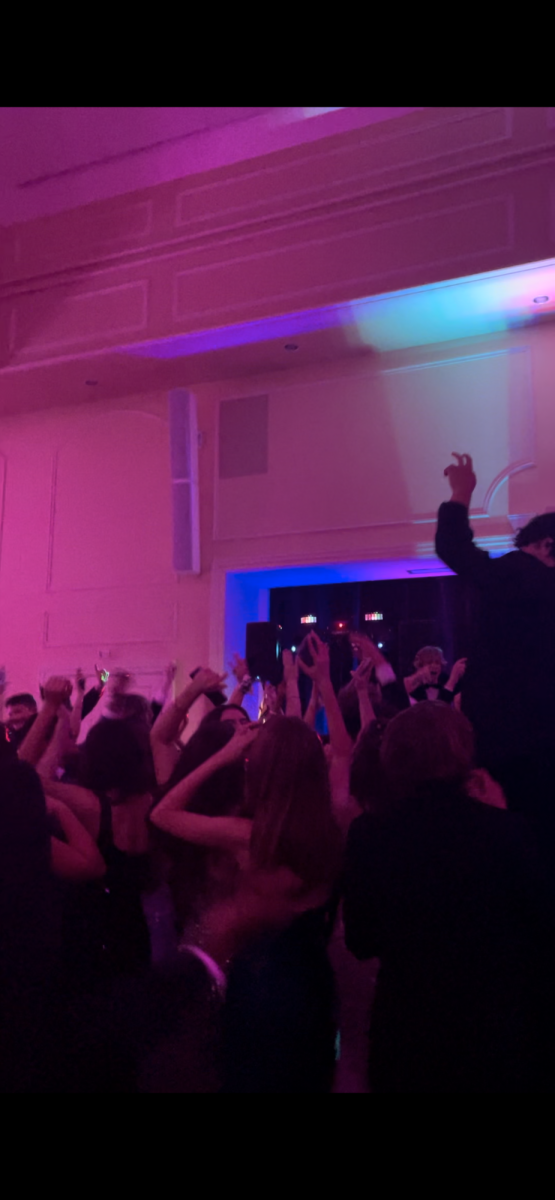


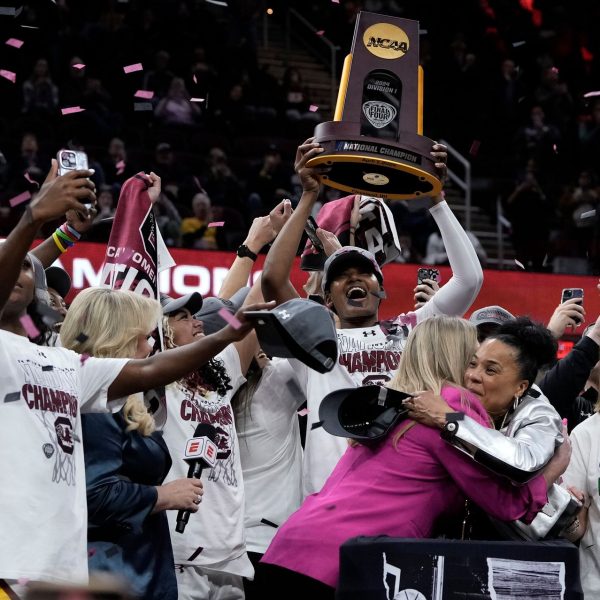




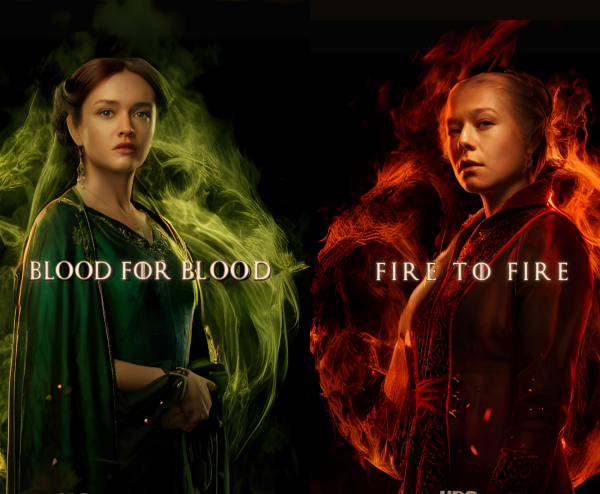
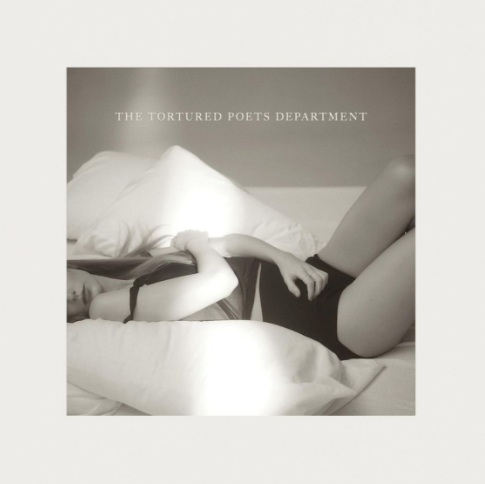

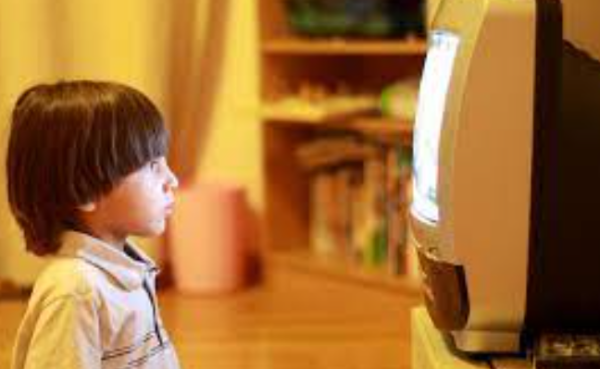
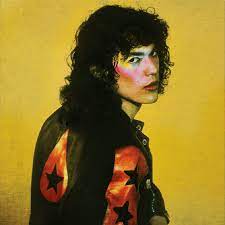
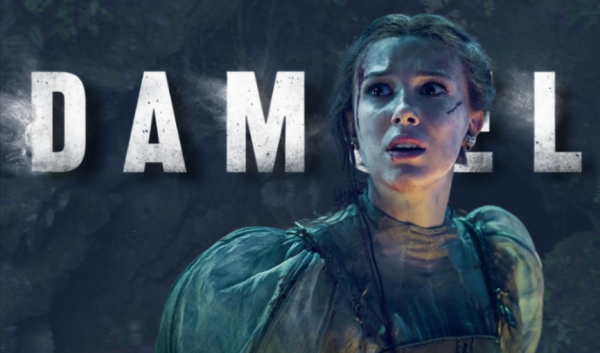
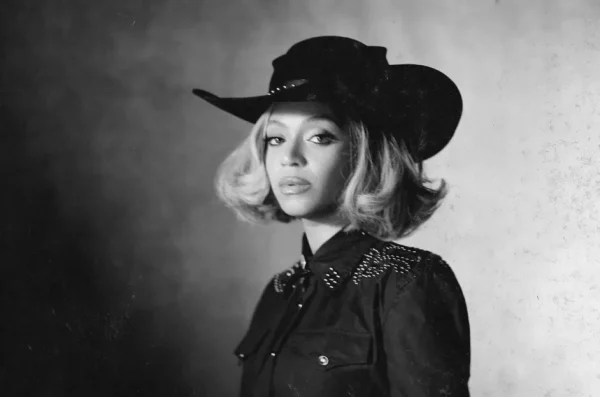

Paola Medina • Nov 18, 2022 at 10:21 am
Way to go Emerson! You did a great job connecting the dramaturgy of the show with the social and political implications of being a woman in a leading role. So proud of you!